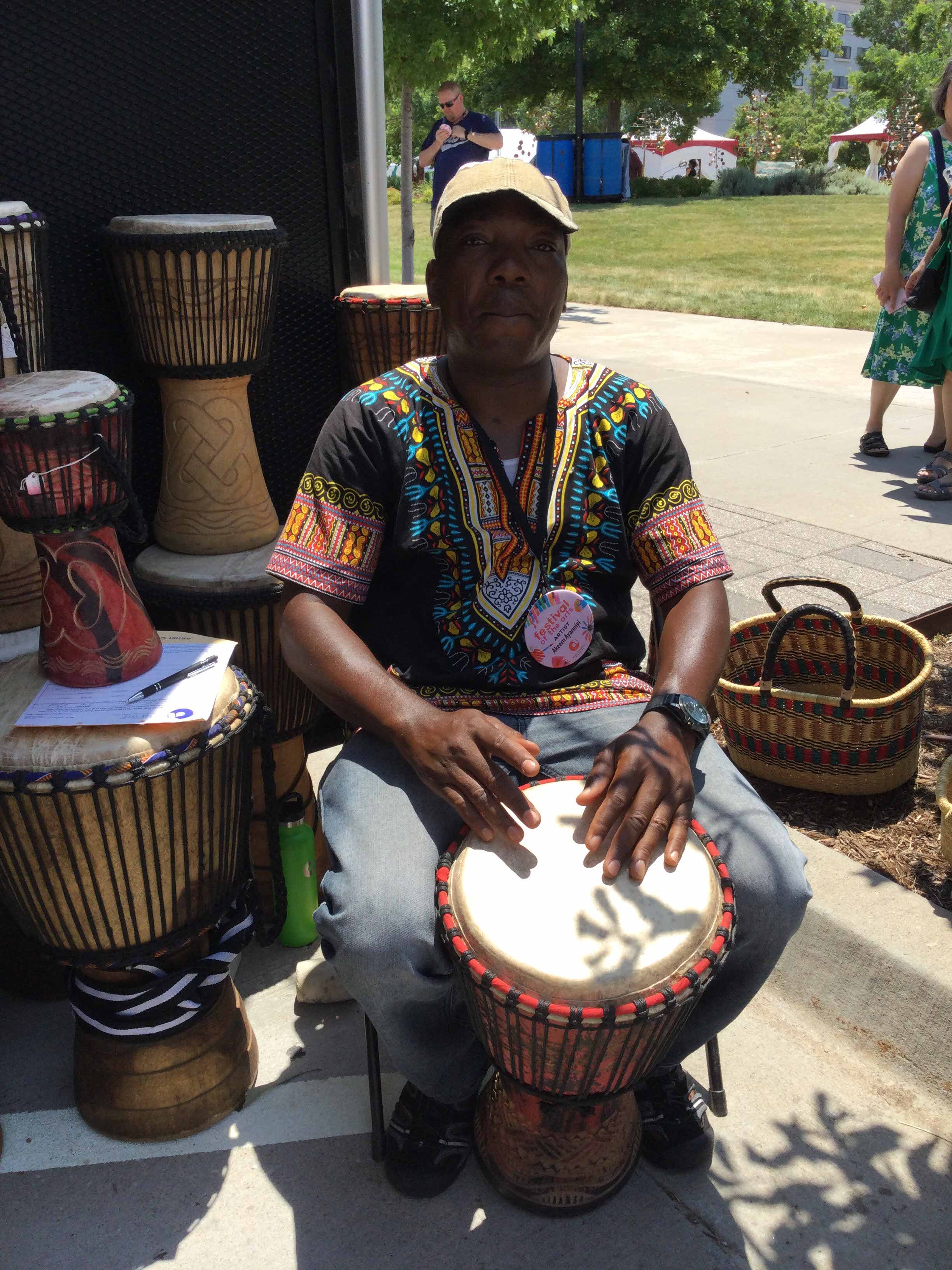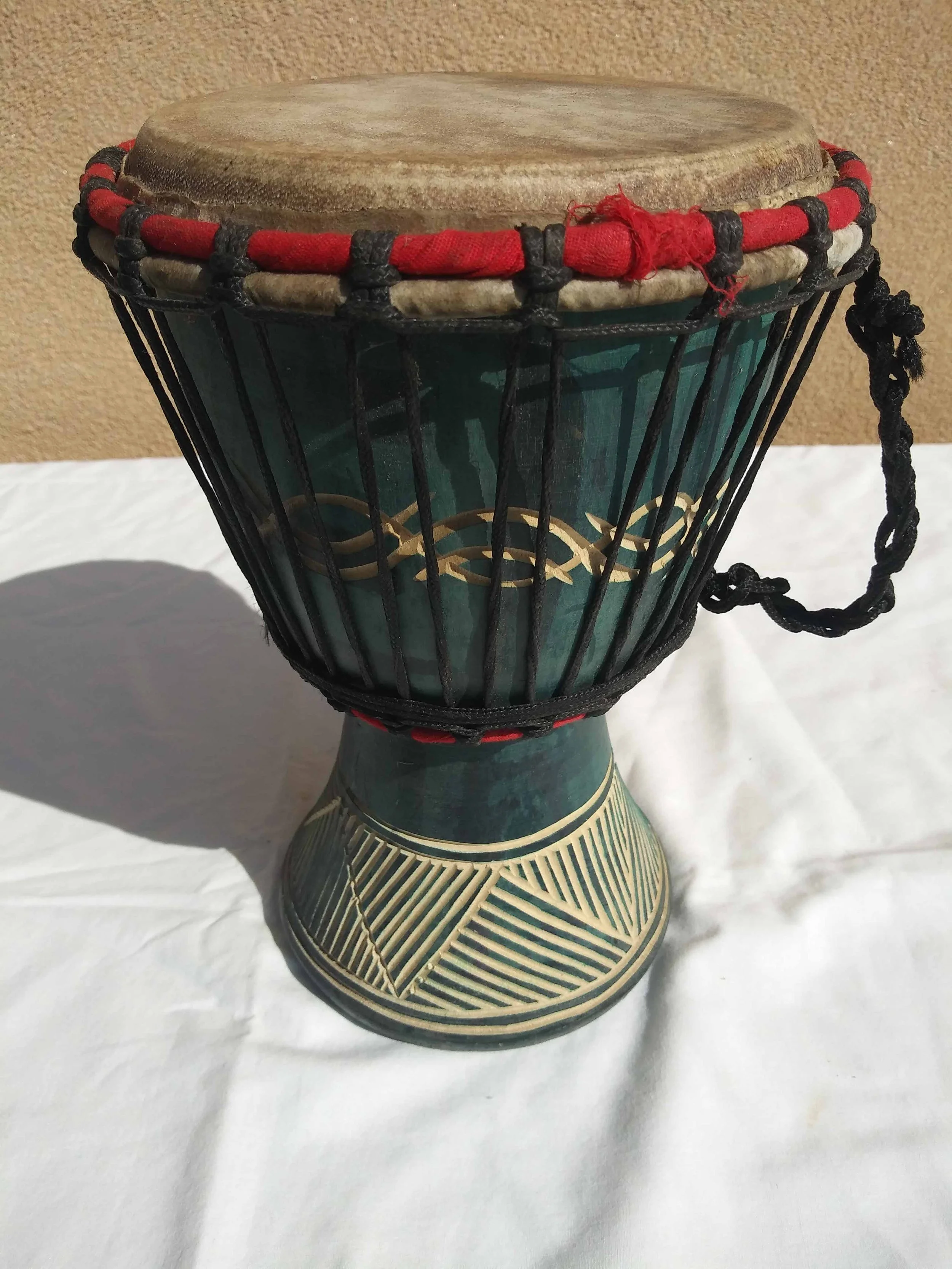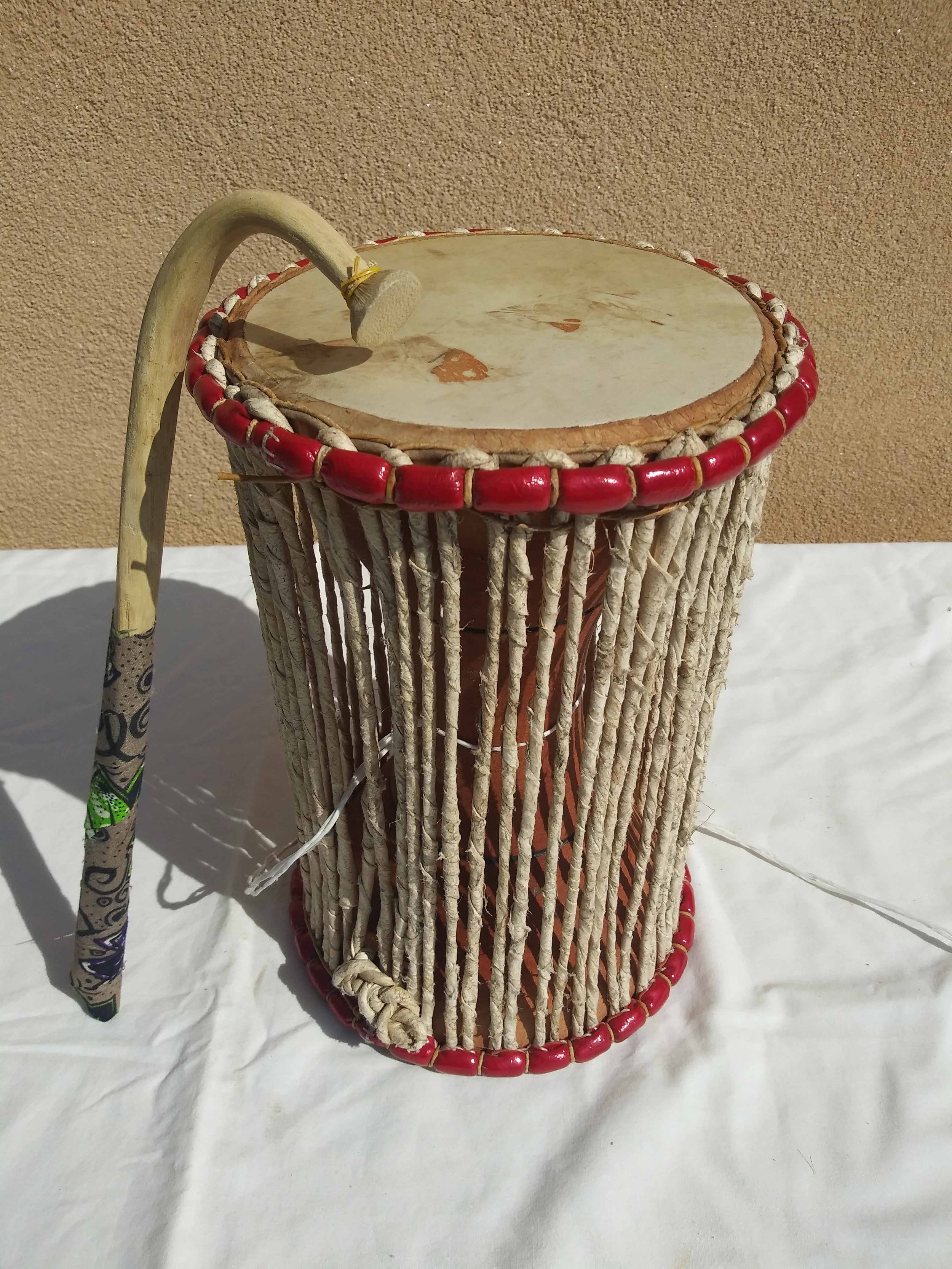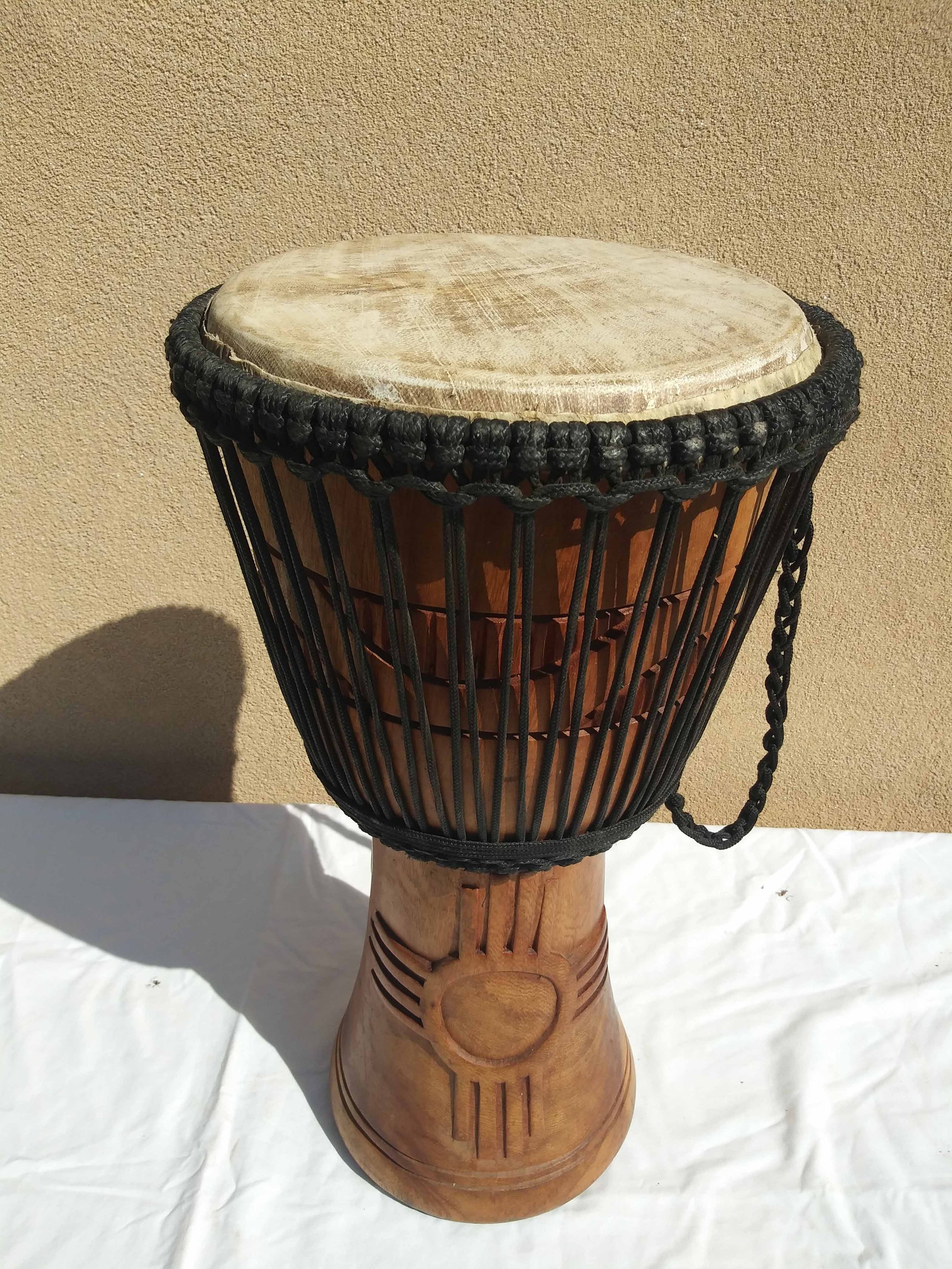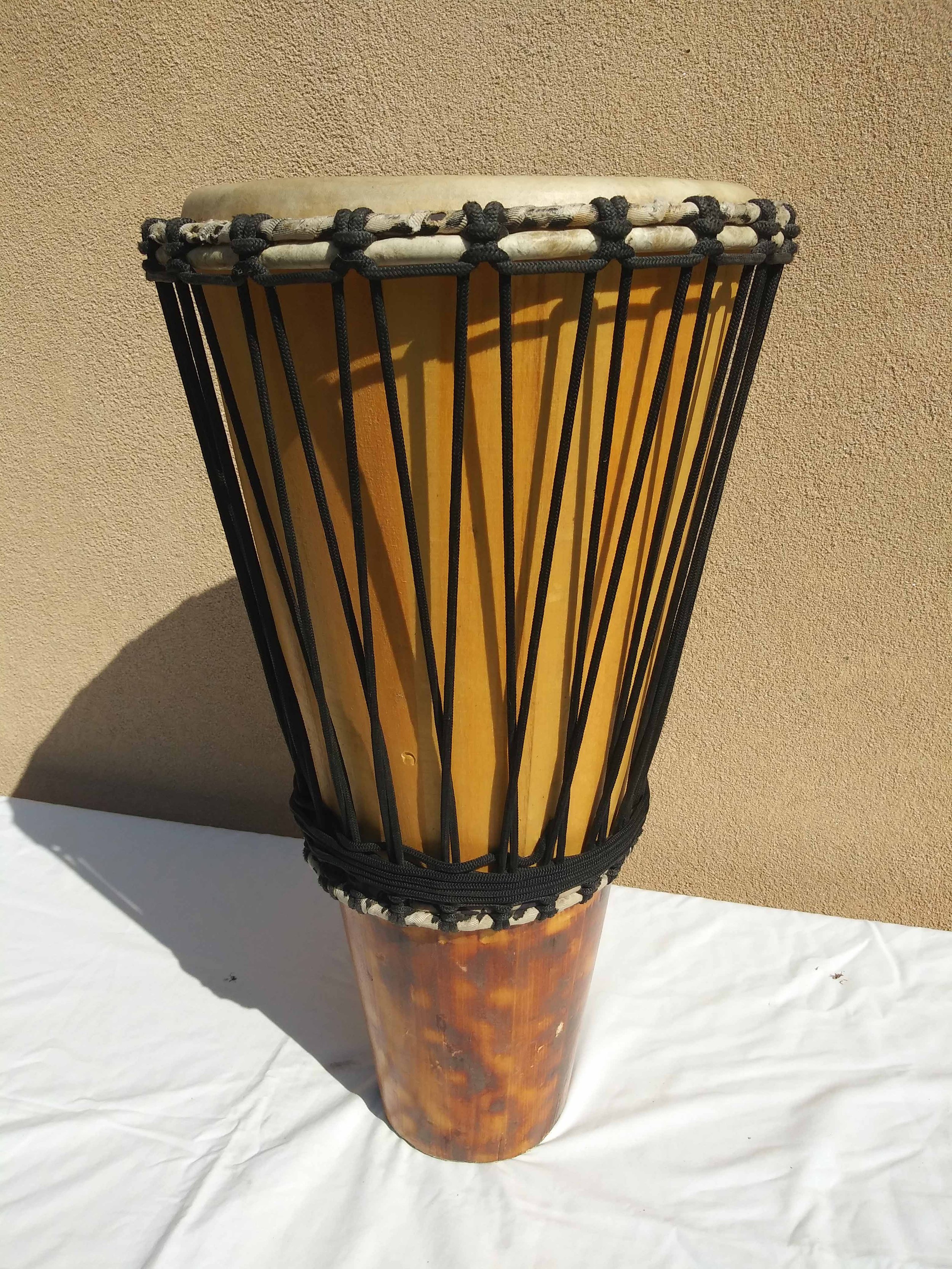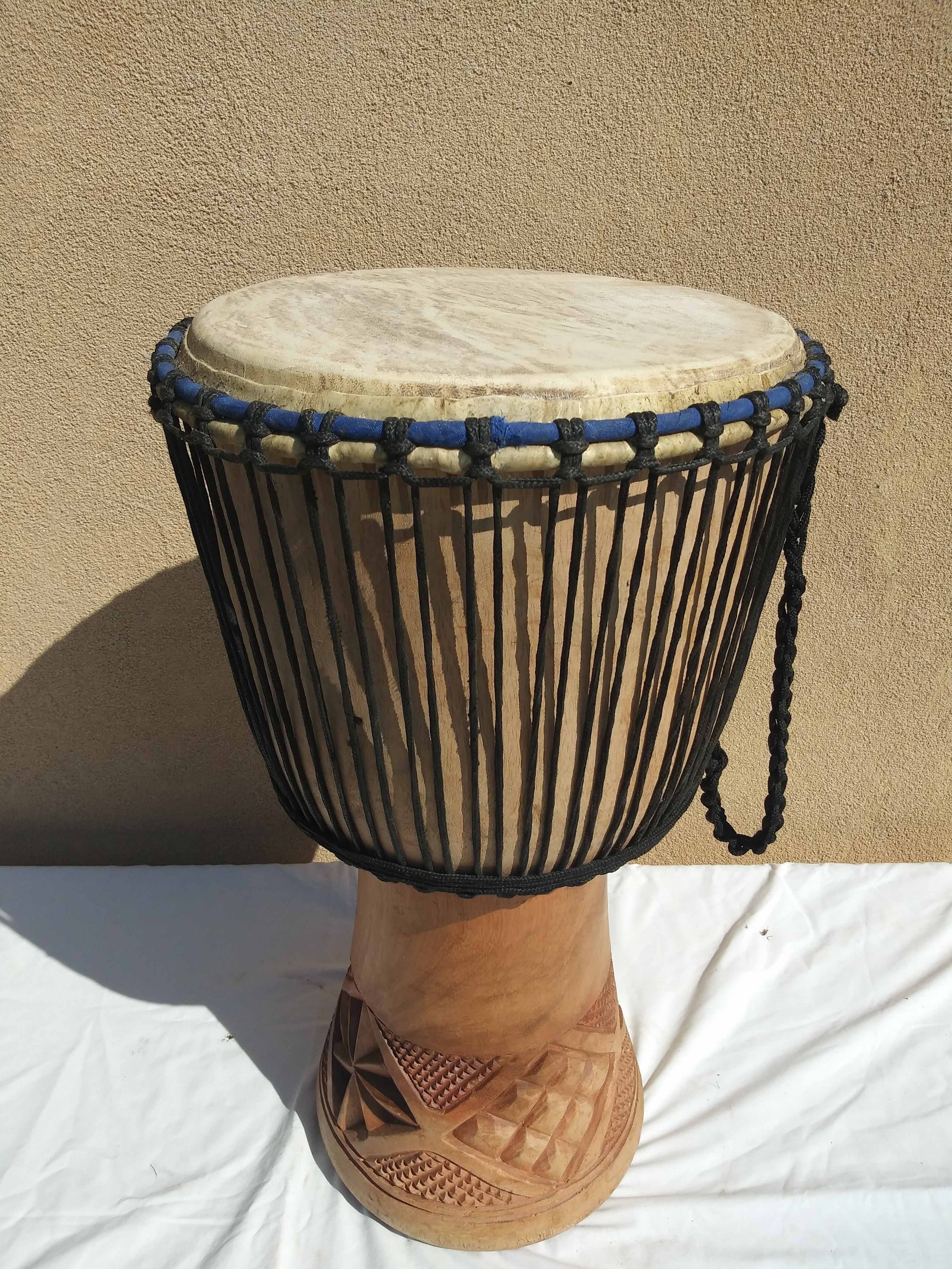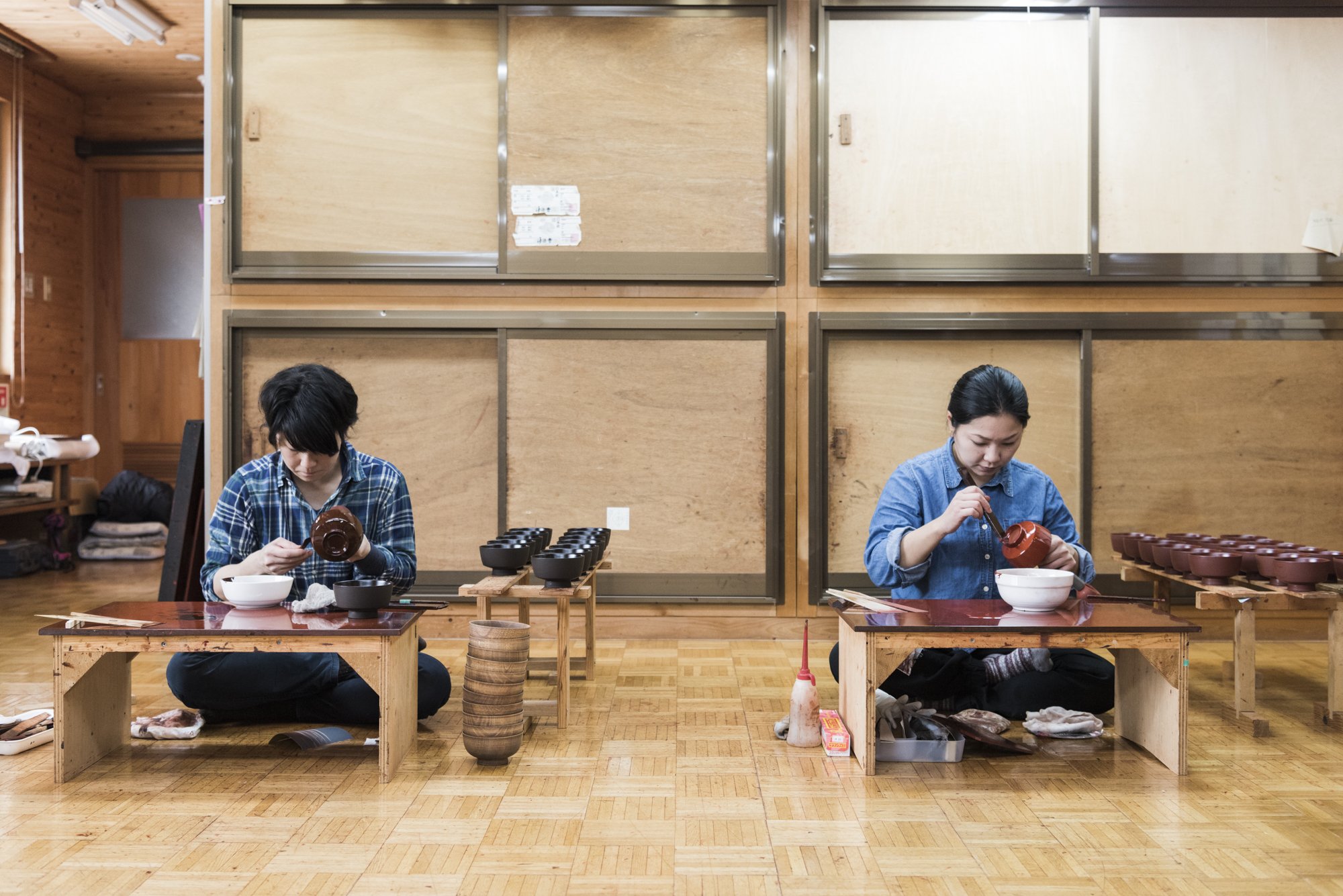Akeem Ayanniyi
Yoruban Music And Craft Come Together In Mahogany Drums
The Yoruba people of southwestern Nigeria utilize drums throughout their daily lives for communication, music, and cultural dance. Unique drum designs produce unique sounds, and specific drums are used for festivals, celebrations, and ceremonies. Artifacts depicting drums of the Yoruba and West African people can be traced back as far as the 10th century in the ancient city of Ifẹ̀, known as the City of 401 Deities, where spiritual festivals occur regularly and often last for days. A center of Yoruba art and culture, stunning, naturalistic, pre-Colonial portrait sculptures in bronze and terracotta have so been attributed to the region.
Traditional Yoruba drummers are known as Àyán, a name derived from that of the legendary first, and spiritual muse of Yoruba drummers, Àyángalú. Certain family names contain the Àyán-prefix to symbolize their connection with Àyángalú. Since Yoruba heritage has been passed down through oral tradition, music, poetry, and singing form an important method of communicating history and culture for all of the Yoruba people, with the drums forming an intrinsic part of that culture.
Akeem Ayanniyi is a 9th generation drum maker and drummer, and is in the process of training his son, Azeem, to take part in this vital heritage. Akeem learned his drumming and drum making from his father and grandfather, and says he has been drumming all his life. His love and talent for Yoruba drumming has taken him around the world, performing demonstrations and teaching others his skills. Akeem’s drums are made from mahogany wood, goat skin, and steel. Rope is used to tighten the skins to keep the drums in tune for long periods of time. His drums are often carved and painted on the outside to enhance their beauty. Currently living in Santa Fe, Akeem teaches his artistry to others which allows him to provide a living for himself and his family.


